18 Reasons Your House Isn’t Selling and How to Fix It
If your house has been on the market for a while without much action, you may wonder what’s going wrong. Several factors can cause a home to linger on the market longer than expected, and they’re often unrelated to its actual value. Here’s a rundown of a few possible reasons your house isn’t selling—and how you can fix them.
Your Listing Price Might Be Too High

Credit: freepik
Setting an unrealistic price can push buyers away before entering the door. If comparable homes in your area are listed at a lower price, it’s a red flag for buyers. Consider lowering your price to reflect the current market trends, or at least compare it to homes that recently sold nearby.
The Market Has Slowed Down
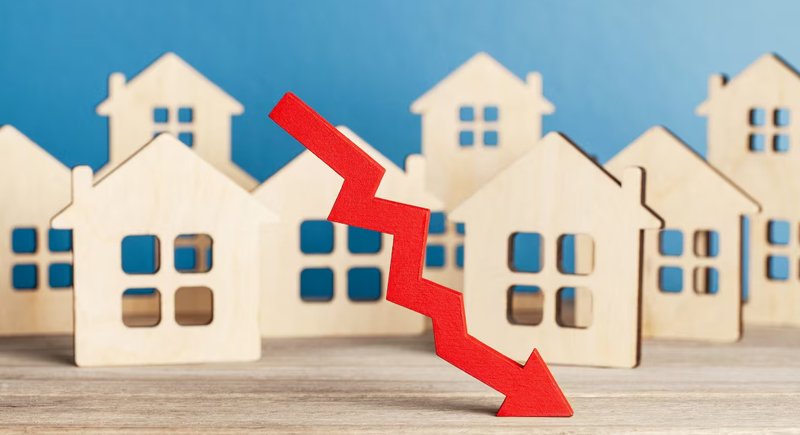
Credit: freepik
Sometimes, external factors, such as a cooling market or rising mortgage rates, can make it more challenging for homes to sell. While you can’t control the market, you can adjust by being flexible with your price or closing timeline. Offering incentives, such as covering closing costs, can also be helpful.
Necessary Repairs Are Overwhelming Buyers
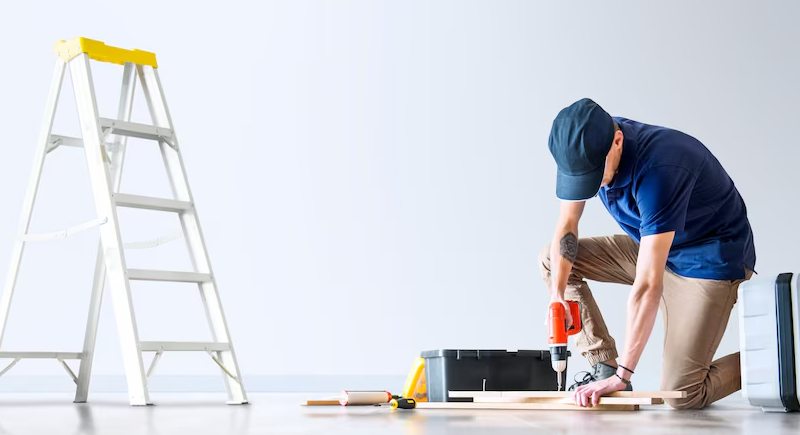
Credit: freepik
A home in need of major repairs can be a significant deterrent. We recommend addressing issues such as broken windows, leaking faucets, or holes in the walls. Don’t neglect minor fixes either, because buyers may overlook a great house if it’s filled with minor imperfections.
Staging Is Key to Appealing to Buyers

Credit: freepik
Without proper staging, even the best house can appear lifeless. Decluttering and deep cleaning are essential. You may even want to consider hiring a professional stager to arrange the furniture in a way that helps buyers envision themselves in the space. The investment can pay off fast.
Low-Quality Photos Can Kill Your Listing

Credit: Getty Images
In the digital age, buyers first encounter your home online, so having poorly lit, blurry photos or those taken from odd angles could be why potential buyers aren’t even considering a visit. Invest in high-quality photography to make sure your house shines in every shot.
Your Home’s Location May Not Be Attractive

Credit: freepik
Location is one of the key factors influencing a home’s sale, and you can make it more appealing. If your home is near desirable locations like parks, schools, or shops, highlight these benefits in your listing. Emphasize conveniences that make the area worth living in, even if the overall location isn’t ideal.
First Impressions Matter

Credit: Canva
The first thing potential buyers notice is the exterior of your home. If your yard is overgrown or the house looks dirty, they may not even want to step inside. Simple improvements like mowing the lawn, trimming hedges, and washing windows can dramatically enhance the inviting appearance of your home and increase buyer interest.
An Outdated Home Style Is Off-Putting
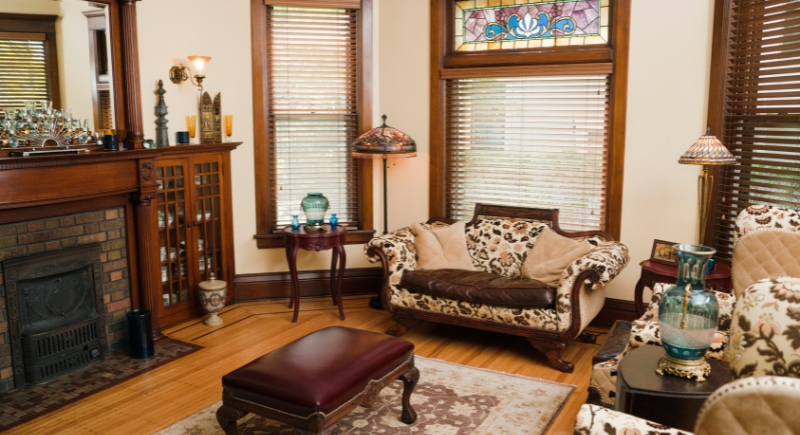
Credit: Getty Images
An old-fashioned design can make buyers feel like they’re taking on a massive renovation project. To combat this, update small but impactful details such as lighting fixtures, cabinet hardware, or even fresh paint. These affordable fixes can modernize the space and make it much more appealing without a major remodel.
Emotions Can Cloud Your Selling Decisions

Credit: Canva
Selling a home can be emotional, especially when it’s a place full of memories. However, getting too attached can hurt your ability to make rational decisions. To sell successfully, it is crucial to approach the process with a clear and objective mindset. View the home as a financial transaction, not a personal loss.
A Stubborn Attitude Toward Negotiation Can Hurt You

Credit: Getty Images
Being firm on price might seem like a way to hold on to value, but it could backfire. Buyers in today’s market are looking for deals, and if you’re unwilling to negotiate, they’ll likely move on to someone more flexible. Price adjustments or negotiations may be necessary to finalize the deal.
Lack of Natural Light Can Make Your Home Feel Dark
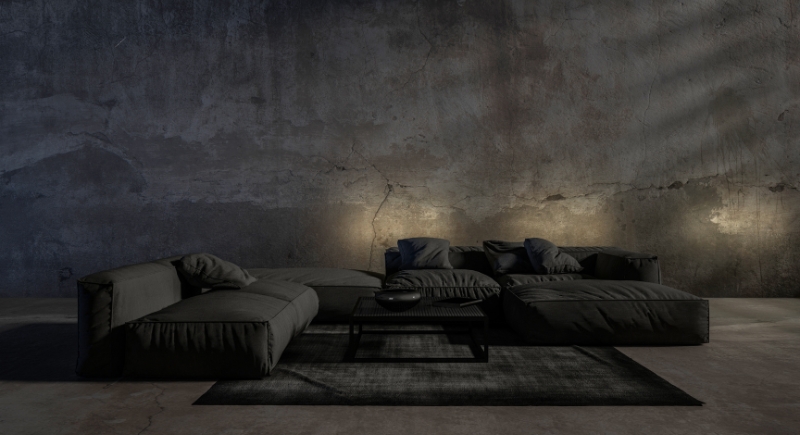
Credit: Canva
Dark homes can feel cramped and uninviting. Consider washing the windows to brighten the space if your home lacks natural light. Mirrors can help reflect light around the space, and even installing skylights or light tubes could make the house feel more open and airy, appealing to buyers who love a sun-filled space.
Unconventional Layouts Are Hard to Sell

Credit: freepik
A strange or awkward layout can make it difficult for buyers to imagine themselves in your home. If your space has an unusual flow, rearranging furniture or removing unnecessary walls might help.
Neighborhood Vibes Impact the Sale
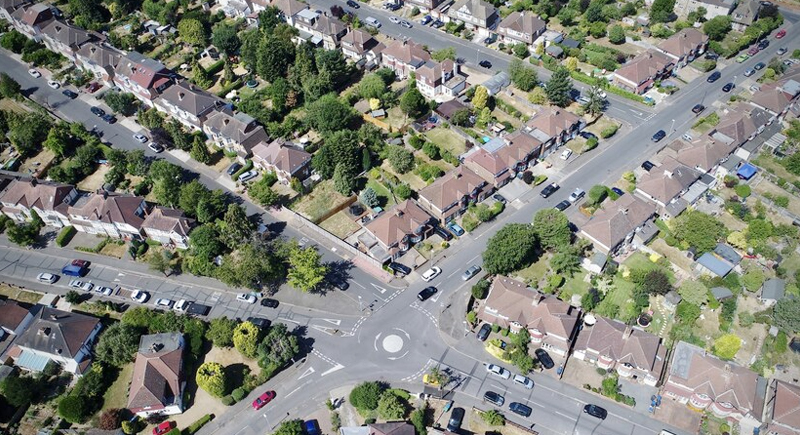
Credit: freepik
Your neighborhood plays a role in the sale of your home, and if it’s less desirable, whether due to crime, a lack of amenities, or other factors, it can negatively impact your chances of a sale. While you can’t change the area, highlighting the positive aspects, like proximity to public transportation or potential for future development, can attract buyers.
A Dark History Can Be a Dealbreaker

Credit: freepik
If your home has a tragic past with other unsettling events, it could make some buyers uneasy. In such cases, focus on the property’s positive aspects, such as recent upgrades or unique features. A balanced approach can downplay negative associations and keep buyers interested.
Bad Marketing Might Be Sabotaging Your Sale

Credit: Getty Images
No matter how great your home is, if it’s not marketed correctly, it won’t get the attention it deserves. Your listing must be on all major real estate platforms, with high-quality photos and a compelling description. Don’t forget social media, as it can be a powerful tool for reaching a larger audience.
The Timing Could Be Off

Credit: freepik
The time of year can influence how quickly homes sell. Spring and summer are the most popular seasons for buyers, while fall and winter often see fewer interested parties. If your home is listed during a slower period, it may take longer to sell. Adjusting the price or offering incentives could help maintain high interest.
Inflexibility During Showings Could Push Buyers Away

Credit: Getty Images
Buyers appreciate flexibility when scheduling showings, so avoid limiting viewing hours or making it difficult for them to book a time. Consider being more accommodating by offering showings during evenings or weekends. The more opportunities buyers have to see your home, the better the chance of receiving an offer.
Outdated Technology in the Home Can Turn Off Buyers

Credit: Getty Images
Many buyers expect modern technology, like smart thermostats or security systems. Homes that lack these features may appear outdated, so it’s best to add these updates. They’re relatively affordable and make a big difference in buyers’ perception of the home’s overall value.